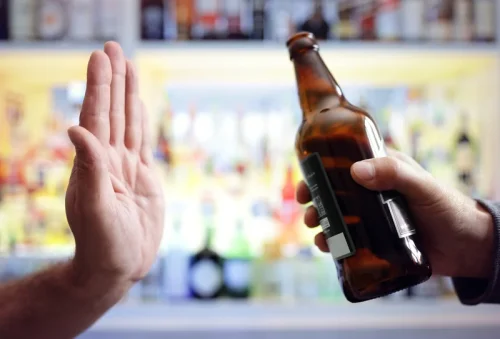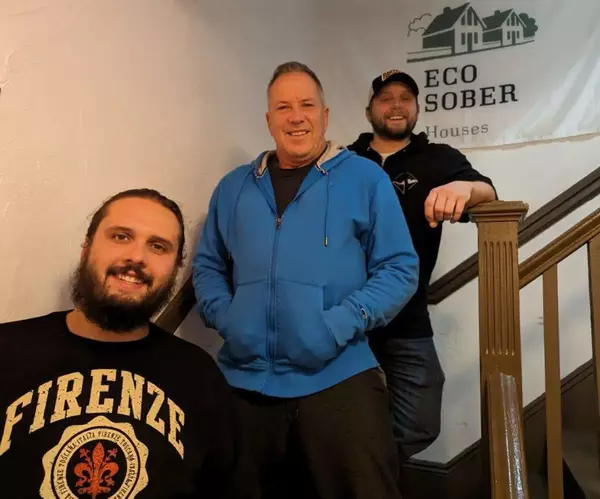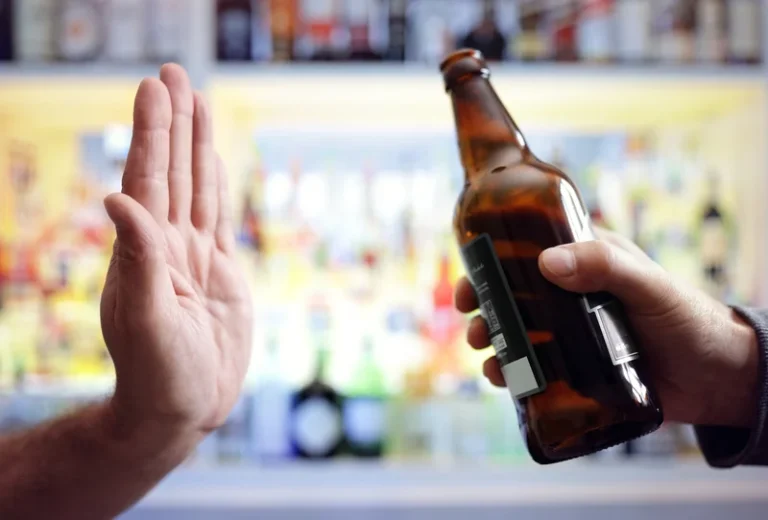
Participants need assurance that their personal stories and struggles will not be shared outside the group. Facilitators must establish ground rules around confidentiality and clarify its limits when discussing issues Sober living home that may necessitate mandatory reporting, such as harm to self or others. Recovery isn’t just about staying sober – it’s about building a life worth staying sober for.
Aleve Addiction: Risks, Signs, and Recovery Options
Icebreaker games inject fun and playfulness into the group dynamics, making it easier for members to open up and participate actively. These games could involve sharing something about oneself based on a prompt, playing word association games related to recovery, or even engaging in light-hearted team challenges. Icebreaker games not only foster a sense of inclusivity but also help combat nerves and hesitations that can arise when discussing sensitive topics. So let’s raise a (non-alcoholic) toast to the power of community, creativity, and good old-fashioned fun in the journey of recovery. After all, a life reclaimed from addiction should be one worth living – and enjoying – to the fullest.

Share this:
- After playing with them, transition into a discussion about the fallibility of our senses and point of view.
- This approach helps create a supportive environment where positive peer influence can significantly enhance motivation and commitment to recovery.
- A 3-page worksheet for sharing self-affirmations and partner affirmations, including suggested questions for discussion.
- Through presentations, discussions, and educational materials, participants gain insights into the nature of addiction, its impact on brain chemistry, and the factors that contribute to its development.
Regular engagement in journaling exercises helps individuals track their progress and reflect on their growth, reinforcing their commitment to sobriety. Community-based support groups play a crucial role in addressing local cultural issues, making recovery strategies more relevant and effective. These groups can tailor interventions to fit the cultural needs of their members, enhancing the overall effectiveness of recovery initiatives. Overall, family involvement is a vital component of group therapy, providing additional support and understanding that can significantly enhance the recovery process. Focusing on skills like refusal strategies and managing peer pressure helps participants better navigate the challenges of maintaining sobriety. By promoting honest discussions and shared insights, these groups help participants build stronger relationships and enhance their emotional well-being.

Author & Researcher services
This discussion helps members explore forgiving themselves and others, releasing resentment, and sharing experiences of forgiveness to promote emotional healing. Setting boundaries protects mental and emotional well-being by maintaining healthy relationships. This topic helps members learn to set boundaries in relationships, especially with people who may not support their recovery. This discussion covers techniques like journaling, physical exercise, and mindfulness practices to help members cope with stress healthily. Creative outlets allow members to process emotions and express themselves in healthy ways. This topic encourages members to explore various forms of creativity, such as drawing, writing, music, or crafting, which can be therapeutic and fulfilling in the recovery journey.
Read Next
Supply small cardstock posters and glue sticks for each client, along with shared markers When the clients enter, give each client a cardstock poster. Have the clients write their names in the middle of their poster with a marker of their choice. You can also spread the affirmations on a table for your group participants to look through. Engaging in new, meaningful hobbies can help fill the time once spent on substance use. This activity explores various hobbies, encouraging members to try activities that bring joy and fulfillment, enhancing mental health and enriching life.
As a result, it is crucial to develop ways to prevent isolation and help clients realize they have a support network if needed. Of course, a significant topic when working through substance abuse is healthy coping strategies to help clients overcome their struggles. Together, group members can brainstorm ways to reduce cravings and promote healthy behaviors such as good diets and sufficient sleep schedules. Each session should incorporate ways to reduce negative thought patterns and habits to ensure continual progress. While a heavy topic, trauma is essential when focusing on substance abuse, as many clients abuse substances as a way to cope with deeply embedded trauma. Examining trauma can help clients address their experiences, thoughts, and feelings in a safe space and without judgment.

A structured routine offers stability, helping individuals focus on positive habits. This topic helps members design daily schedules that include substance use group topics self-care, work, and relaxation. Creating a routine provides a sense of purpose and reduces the chances of falling back into unhealthy patterns. Financial stress is common in recovery, often due to past habits or addiction-related expenses.

It’s empowering to know you’ve got a arsenal of strategies at your fingertips when challenges arise. After playing with them, transition into a discussion about the fallibility of our senses and point of view. Talk about how differently people perceive things based on who they are and the situation at hand. A 10th step-based inventory for self-reflection for counselors and other mental health workers.
Group Therapy for Substance Use & Relapse Prevention

Daily mood charts or mood trackers are a great way to help clients understand the link between their environment, situation, and feelings. Therapists can then help members understand the relationship between situations and emotions and how clients can better cope with those https://ecosoberhouse.com/ emotions in the future. Thought replacement or cognitive restructuring is one of the fundamentals of CBT. You can encourage the clients to create a worksheet with negative thoughts to change the negative perspective.
